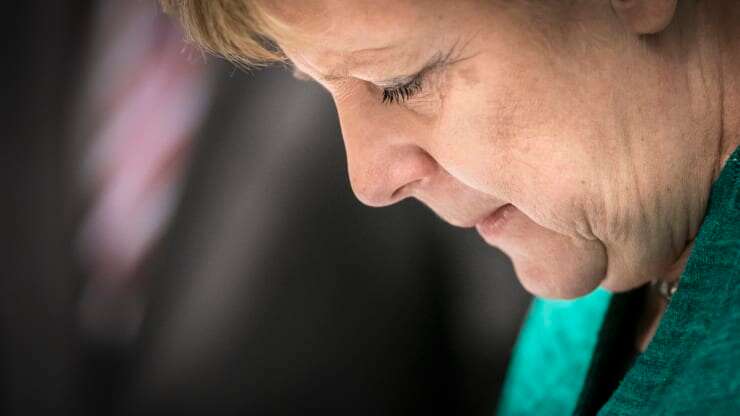Where are we headed? Thousands of politicians and business leaders will address this question as they attend this year’s World Economic Forum (WEF) in Davos, Switzerland.
Next week’s gathering is taking place at a time of heightened trade disruptions, shifts in foreign policy and a climate emergency — just to name some of the main challenges facing global leadership. In the words of Davos attendee and the former Prime Minister of Finland, Alexander Stubb, there’s a “new world disorder” that needs to be addressed.
“Right now, the U.S. has left power vacuums, on trade, climate, security; world leadership in general. Who’s going to fulfil those vacuums?” Stubb asked during a phone interview with CNBC Monday.
The European Union (EU) has tried to be a mediator between the United States and the Middle East, attempted leadership on climate aims, and despite a more protectionist tone out of the White House, continued to back multilateral trade. However, internal divergences within the 28-member union, including on security policy, has not enabled it to drive the global agenda.
“The U.S. is playing a different power game than what we were used to,” Stubb told CNBC, before adding, “I will be looking very closely to the geopolitics at Davos.”
Can profits be green?
The main theme at Davos this year seems to be how to make businesses more climate friendly. In a report, released earlier this week, the WEF said severe threats to the climate account for all of the top five long-term risks. The Forum’s organizers also chose sustainable investment as the overarching topic for the five-day event.
″Even before reading what the theme for Davos was this year, I expected sustainability — in its multiple permutations – to be a key theme,” Tim Adams, President and CEO of the Institute of International Finance (IIF), also a participant at Davos 2020, told CNBC Wednesday.
“It is increasingly clear that sustainability-related issues will dominate the global policy agenda. There is an urgency to do something — time is not on our side — and … the financial services industry, has a key role to play in helping to fund the transition to a greener more sustainable future,” Adams told CNBC via email.
However, bridging the gap between profits and greener attitudes is a sensitive topic. U.S. President Donald Trump, for example, withdrew from the Paris Climate deal arguing the stricter climate policy targets were bad for U.S. businesses.
Nonetheless, certain companies are already considering how to become greener.
“For Booking.com, we look forward to having a voice around the future of sustainability in travel. We know that consumers increasingly want to understand the sustainable choices available to them when it comes to travel and tourism, and ways they can reduce their own individual impact,” Gillian Tans, chairwoman of Booking.com, also a Davos attendee, told CNBC via email.







































admin in: How the Muslim Brotherhood betrayed Saudi Arabia?
Great article with insight ...
https://www.viagrapascherfr.com/achat-sildenafil-pfizer-tarif/ in: Cross-region cooperation between anti-terrorism agencies needed
Hello there, just became aware of your blog through Google, and found ...